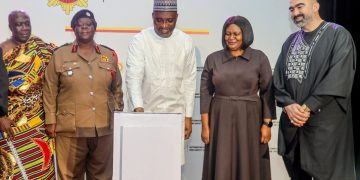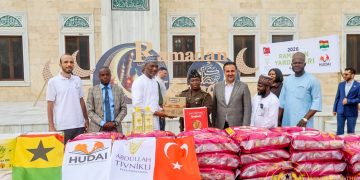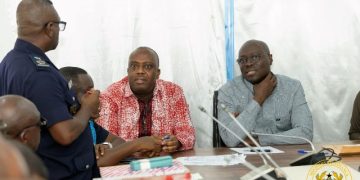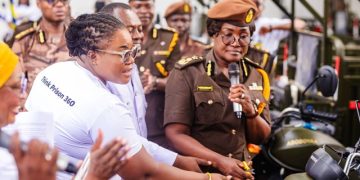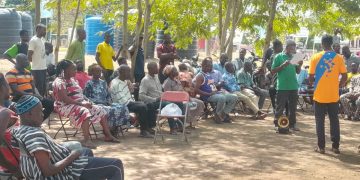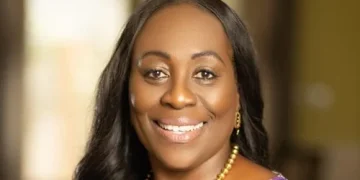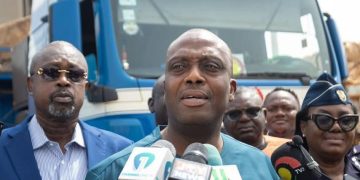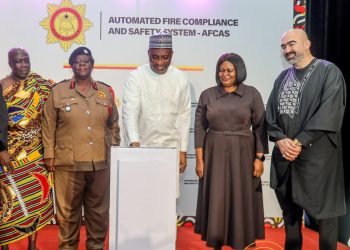Guided by the voices of adolescents particularly girls UNICEF Ghana, in partnership with the government, has engaged more than 200 young people between the ages of 10 and 19. They have been shaping strategies that truly reflect their needs and aspirations; 80 percent of these participants were girls.
These consultations were held in Wa in the Upper West, Kumasi in the Ashanti, and Tema in the Greater Accra regions. The events provided safe spaces for adolescents to share their experiences and directly influence the policies and programs that affect their lives.
The engagements were in line with Ghana’s national priorities for adolescent girls’ well-being and aligns with the broader West and Central Africa regional agenda to promote a better future for girls. Through honest and open conversations, the young participants gave valuable insights that will help shape inclusive and sustainable policies across sectors.
The initiative supports Ghana’s national priorities for adolescent girls’ wellbeing and aligns with the broader West and Central Africa regional agenda to promote a brighter future for girls. Through open and honest conversations, the young participants shared powerful insights that will guide the design of inclusive and sustainable policies across multiple sectors.
“When we listen to adolescent girls and boys, we gain an unfiltered understanding of their realities and aspirations,” said Irene Tumwebaze, UNICEF Ghana’s Adolescent and Gender Lead. “These consultations are not just about listening—they are about action. The voices of adolescents will help shape policies and programmes that invest in their potential, advance gender equality, and ensure a brighter future for all.” She ended.
In one of the sessions, Faustina, 17, made a profound statement. “The men who support us often demand sex in return, which leads to pregnancies. As young girls, this is one of the greatest challenges we face. Some of us are willing to work, but there are very few opportunities available. If we had access to jobs, we would gladly take them so that we can move away from this harmful lifestyle. It was one of the many pronouncements that enriched the engagement.
The insights gathered from these dialogues will directly inform future programmes in health, education, child protection, climate resilience, digital inclusion, mental health and life skills.
Above all, the consultations highlight the urgent need to place adolescent girls at the center of decision-making ensuring their voices, priorities, and leadership shape the policies that affect their lives.
As Ghana continues to advance adolescent development, these youth-led consultations mark a pivotal step toward building a future where every adolescent girl child is heard, empowered, and supported to thrive.
UNICEF and its partners remain committed to translating these voices into action. -ensuring policies and programmes reflect the lived realities of adolescent girls across the country.
Source: www.kumasimail.com


